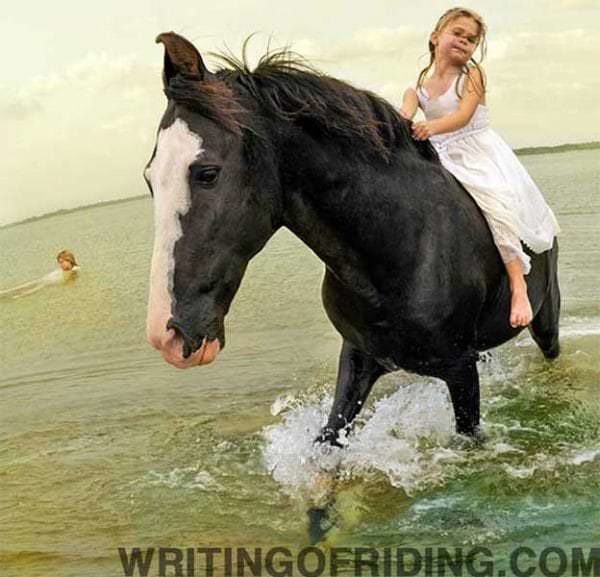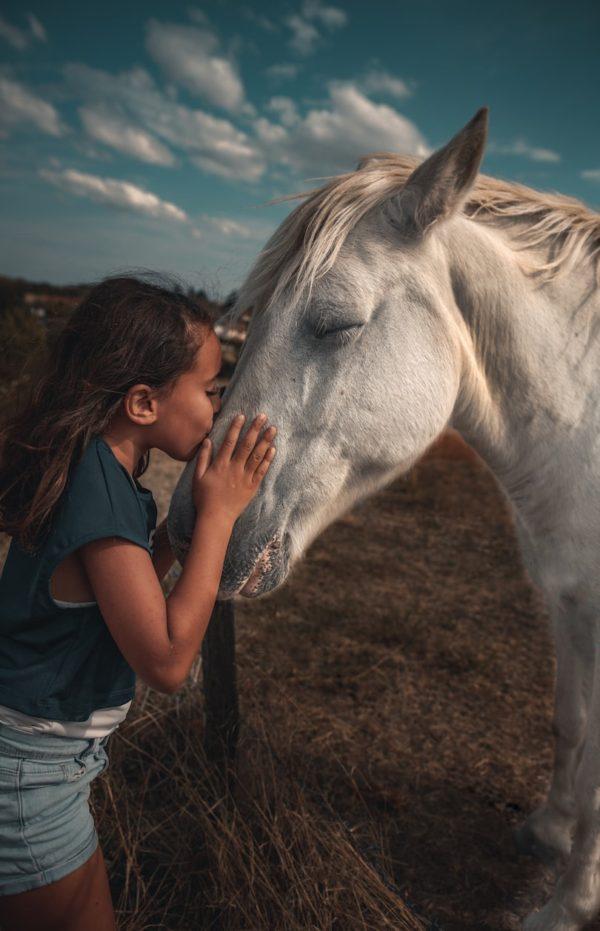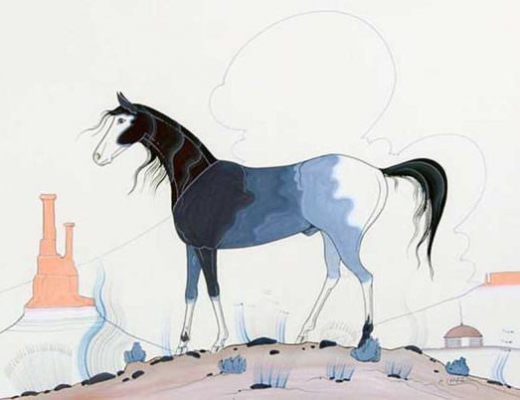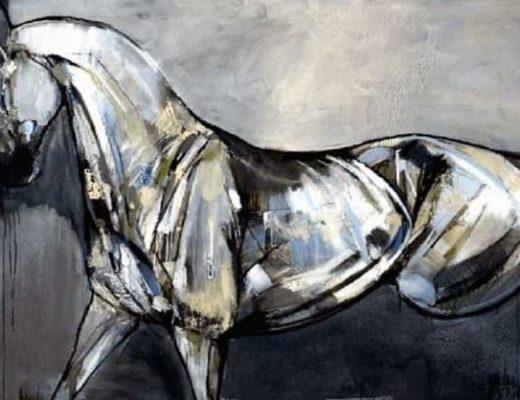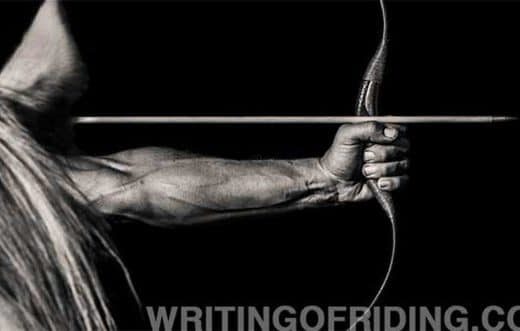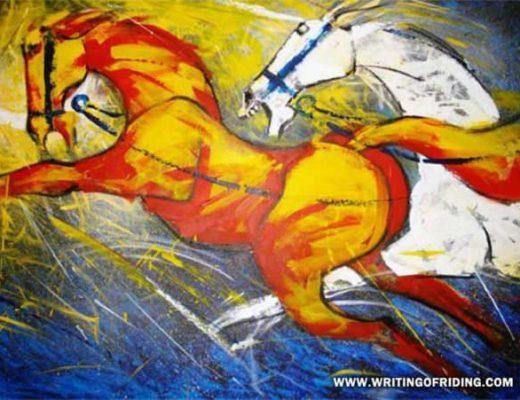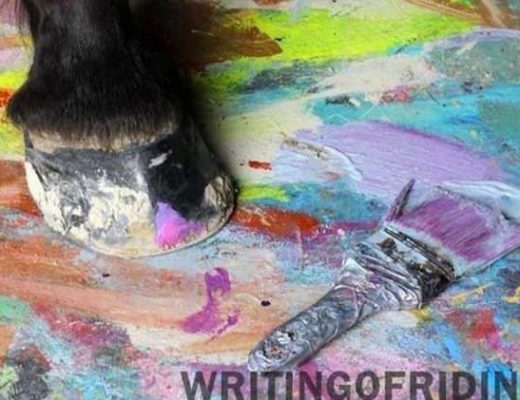Checking in.
Last week, the Tenth Week. Recovering a sense of Self Protection
Last week we explored the perils that can ambush us on our creative path. Because creativity is a spiritual issue, many of the perils we will meet are spiritual perils. In the essays, tasks and exercises of the week, we sought out the toxic patterns we cling to that block our creative flow.
Did you do the task list? How was that? What was hardest or most interesting of the tasks? Did you draw the same item more than once? Any surprises from that exercise? Did you make yourself three promises, and keep them?
How many days this week did you complete the morning pages? How was the experience of morning pages this week?
Did you do your artists date this week?
Remember: Creativity is the natural order of life. Life is energy: pure, creative energy. There is an underlying, in-dwelling creative force infusing all of life — including ourselves. It is safe to open ourselves up to greater and greater creativity. Our creative dreams and yearnings come from a divine source. As we move toward our dreams, we move toward our divinity.
What moves men of genius, or rather what inspires their work, is not new ideas, but their obsession with the idea that what has already been said is still not enough.
Eugene Delacroix
Week 10:
Recovering a Sense of Autonomy
This week we focus on our artistic autonomy. We examine the ongoing ways in which we must nurture and accept ourselves as artists. We explore the behaviors that can strengthen our spiritual base and therefore, our creative power. We take a special look at the way sin which success must be handled in order that we not sabotage our freedom.
Acceptance.
There's a reason many parents would rather their children were not creative, passionate people. Conservative parents, and that cold, clinical conservative critic part of our brain are both interested in survival of the unit, not so much in the blossoming of your soul. Blossoming means you go where there might be pitfalls. As a creative person, I need a different mix of stability and flow from other people. Following the path laid by my muse, I take risks that are outside of the ordinary. I may take a nine to five job, as it lays down a daily schedule that gives me a daily structure and income that makes my horsemanship my own, or I may be so stifled by living inside other people's goals that I implode with regular work, I may need to live on my own terms. Typically, a healthy passionate mind experiments and finds a mix of structure and freedom that best supports their creativity.
If you depend on it for a living, be forewarned: often a creative person's cash flow is erratic. Sometimes you are the flavor of the month, sometimes people just are not interested. It is a huge mistake to believe that your ability to earn income defines your success as a horseman. Measure your success by your moment to moment relationship and experience and growth with horses.
Baucher died a pauper. If making a living at it was the measure of the true artist, not only Baucher, but Gauguin, Van Gogh, Herman Melville, and Michaelangelo were all charlatans. He who dies with the most toys, is still dead. Living shut down, he may well have died years before he left his body. He who lives the most alive life he can live, each day, each moment… that person is alive for his full span. And probably will even die more alive, experiencing the shift to that new reality with all the wonder of a child.
As an artist, as a person diving passionately into the work of equitation, your measure lies with you, with the simple flow of healthy universal energy, and with the work you do in the present moment with each horse you encounter.
The creative spirit, as we've mentioned once or twice, is a child. Putting off the child for the practical considerations of adult life is occasionally necessary, but watch out. Children don't deal well with unfulfilled promises of tomorrow, another time, next year. They get cranky and throw tantrums. Then, you find yourself picking up one of your protective bad habits just to get through the day.
On the other hand, you don't live irresponsibly. You just make some concessions to the inner child's sense of timing, you do those artists dates, you nurture yourself inside, you give your inner artist a bit of quality time. And you keep your promises to yourself. Your self-respect comes from doing the work, not from measuring it against others or how much money it brings.
We don't need to be rich, though we might very well be — the income is irrelevant to the art. What we do need is to be richly supported. If you let your emotional and intellectual life stagnate, your art will show it. When you fail to nurture your inner child it is because you are acting like someone else's idea of an adult.
Creativity is oxygen for our souls, cut it off and we get savage. We act as though we're being choked. We sink into depression we get enraged, we attack our loved ones and ourselves. We act as though we're fighting for our lives: we are.
To be an artist with the horse is to recognize the particular, to appreciate the peculiar. It means allowing a sense of play and inquiry into your relationship with accepted standards. It means asking “why?” and it means noticing that the accepted standards of money, property, standing and prestige are irrelevant to your relationship with the horse. If you are happier working with horses than not, for God's sake, and that IS to be taken literally… WORK WITH HORSES. Killing your dreams because they are irresponsible, because you are not measuring up to some external yardstick is irresponsible to yourself. Your credibility lies with you, and with the spirit of creativity that flows within you. Accepting that creativity, living life out loud, is a gift the Universe gave us as the first step toward self-acceptance.
Success.
The thing about living life passionately, about being a creative person or an artist, is that the goals we set are never very satisfying. No matter how lofty, as soon as we've arrived we begin to notice a certain restlessness. In other words, as soon as we “get there”, there disappears. And we may feel like that invalidates the whole trip, and we may wonder, what am I going to do now?
This unfinished feeling tests us. We are constantly asked to expand, in order that we don't contract. If we stop, if we decide “I've arrived,” then we begin to stagnate. We wonder, can I never rest? Actually, the answer is, no.
We are like spiritual sharks. If we don't keep moving we sink to the bottom and we die. Many master horsemen, as well as other artists, do just this — tragically, having only one goal in mind they achieve a certain level, stop learning and growing, and become bitter and unpleasant.
It is the willingness to once more become a beginner that distinguishes a creative career. If you are booked too far into the future, success can define your direction just at a moment when you need to start anew. You can get locked into your own achievements and responsibilities. Success can actually cost you spiritually, as your direction can become defined by the monetary gains of a certain direction rather than the still small voice that says, what about… this? The trick is not to decide to be a pauper or a horse ascetic, the trick is to not mortgage your future too heavily on the present situation. Of course you have to make a living, but include in your business plan that you'll take risks, that you'll explore new areas. Allow adjustments to the direction you're heading.
If you get too trapped by your responsibilities and financial needs, you'll find that summoning up the will to ride becomes akin to holding yourself at gunpoint, instead of an ongoing joy.
The Zen of Sports.
Most creatives are fairly cerebral beings. With the style of riding that we do, we have the luxury of removing ourselves from the whole field of athletic exploit altogether. It's a mental, psychological experience much more than a physical one. Working this way is intensely meditative. One of the pitfalls of western explorations into meditation is that we get stoned on meditation, we remove ourselves from our bodies, and lose our grounding. We get spaced out. Exercise combats this spiritually induced dysfunction.
Exercise, even 20 minutes of walking each day, connects us with the earth again. It teaches the rewards of process. It reconnects us with the satisfaction of a job well done. It teaches us to trust ourselves, to tap into inner resources even when we feel worn out.
Exercise is thought provoking — you are achieving the goal with repetitive, mindless tasks, and your mind can then take a wander. Seemingly without effort, solutions come to us as we swim, stride or run.
Building your creative altar.
Creativity is a spiritual endeavor. This does not mean we have to subscribe to someone else's view of God and the order of things. Id does mean that we will flourish more as we honor the spiritual side of our own beings. Centering rituals help to connect us with the sense of our own soul. It's important that these rituals are constructed ourselves from elements that feel holy and happy to us.
Having a spiritual room or a spiritual corner helps to connect us with a joyful sense of centeredness. Many of us grew up in spiritually punitive homes. We need to heal from this, and reclaim our spiritual self as a healthy being.
So… it looks like this. Creativity is fed by images. Find images that feed you, a smooth river rock, a feather, a photo of Native Dancer, or of the ocean. Celebrate the good things that this earth, this life has given you. Remember, again, it's an inner child that you are dancing with here — the altar should be playful, should give you joy. Don't have any elements there that bring you down. Have a sense of play and a sense of delight be the calling cards for your spiritual center, and.. then invent a way to interact with it. Light a candle, burn a little incense, ring a bell. Find your own method to acknowledge the gift of the day, the gift of this life.
Tasks.
Keep up with the Morning pages and Artists date
- Tape your voice reading the basic principles. Choose a favorite essay and tape that as well. Use these tapes for meditation.
- Write out an artist's prayer long-hand. Carry it with you.
- Buy a special notebook. Number pages one through seven. List the following categories, one to a page: health, possessions, leisure, relationships, creativity, career, and spirituality. With no thought as to practicality list ten wishes in each area. This is a lot. Let yourself dream a little.
- Working with the honest changes section from week four (reprinted below) inventory for yourself any changes you've felt as you've explored the artists way to-date.
- List five other ways that you will expect you'll change as you continue to use the morning pages and artist's dates over the coming years.
- List five ways that you will nurture yourself in the next six months. Courses you'll take, supplies you'll get, events you'll see… vacations just for you.
- Take out a piece of paper. Plan a week in which each day has one nurturing event for yourself included in it. This means one loving, concrete action that you'll do for yourself or have done for you every day this week. BINGE!
- Write and mail an encouraging letter to yourself. This sounds silly, but it feels good to receive. Remember: THE ARTIST IS A CHILD.
- Re-examine your concept of God, or of the Universal energy, or of life energy. Does your belief system support your creative expression? Can you open up to the possibility that the whole system supports you a a creative, passionate, alive human being?
- List 10 examples of personal synchronicity that support the possibility of a nurturing creative force.
Week 4: Honest Changes.
Morning pages help us, among other things, begin to note the difference between our real feelings and our public, official feelings. Official feelings are often preceded by the phrase “I feel okay about that (job loss, missing friend, someone dating someone else…)”
What does “I feel okay” mean? Resignation? Acceptance? Suppressed emotions or numbness? “Okay” is a squirmy kind of word with no real meaning which frequently signals a loss. In the morning pages, because they are personal and not shared, we have the opportunity to say out loud the underlying emotion. Getting out of denial is a first step toward healing. People tend to avoid the morning pages when they DON'T want to admit feelings — we suddenly find we just don't have time to write when something is quietly waiting to surface that we're pretty sure it's safer to just stuff, or leave unexamined — it can be anything from not wanting to deal with anger to not wanting to burst the bubble on happiness. The morning pages are where we find ourselves, orient ourselves, and keep a line of communication open to ourselves.
Chekhov advised, “If you want to work on your art, work on your life.” In order to have self-expression, we must first have a self to express.
Identifying the self means setting boundaries around what we are and are not — it means eliminating ambiguity, arriving at clarity and clarity creates changes. “I have outgrown this job,” may appear in your morning pages. At first it's a troubling perception, then it may become a call to action, and then an action plan.
We may want our illusions back at first! They left us comfortably stuck. I don't WANT to raise my consciousness! I want… I want… and the morning pages help us identify what we want. We're used to feeling abandoned. The morning pages find us a constant ally, our own selves. How cool is that?
Change, however, does not tend to come without a spiritual sneeze. SHe calls it a kriya, from the Sanskrit, meaning a spiritual emergency or surrender — it is that cold you always get when you've pushed yourself to the limit to accomplish some goal, the asthma attack when you're having a talk with your alcoholic brother. Always significant, frequently psychosomatic, kriyas are the final insult our psyche adds to our injures — GET IT? They ask. You can't work an 80 hour week. You can't stay up all night studying and then work in the morning. You can't rescue a friend or brother, they have to heal themselves.
The morning pages point you to the actions you will take to heal yourself, to have the life you want, to realize your dreams. They keep you returning to your own inner voice, your own truth.
People often think the artistic life is a life based on fantasy. It is not. It is based on truth. As we lose our vagueness about our self, our values, our life situation, we become available to the moment. We become original because we become something specific, an origin from which our work flows.
This may feel disorienting. We had built a false sense of self, and letting that go leaves us fresh and unsure of our edges. SHifts in taste and perception frequently follow this transition — you may find yourself giving away old clothes you no longer want, repainting rooms, reorganizing spaces and schedules to fit a new sense of direction.
You may find yourself volatile and changeable — as old emotions get unlocked, you may find you're depressed, or exhilarated, or enraged. Think of yourself as an accident victim walking away from a wreck — your old life has crashed and burned, your new life is not yet apparent, and you may not even have a vehicle yet. Don't worry, just, keep walking.
Then again, some people don't Feel It. They say, “It's not happening to me. I'm not changing.” Actually, you are. The morning pages and the artists dates all make a difference that is not avoidable. Not feeling the change, and thinking that it's past you by, is another from of denial that can encourage you to abort the recovery process. It's happening. Trust that it is. Keep writing, keeping playing.
The snowflake of your soul is emerging. That unique self that is only yours, your gift to this world. The morning pages are like a way of wiping at the glass of the mirror, each swipe clears away some of the mist between you and your real reflection. Keep gently writing, it reveals you. We often blur that unique self with sugar, alcohol, drugs, overwork, underplay, bad relationships, toxic sex, under-exercise, over-TV, under-sleep — many and varied forms of junk food for the soul.
The morning pages both accelerate the process of recovering, and give us a place to rest from it. They are like a boat that you can lay down in and rest, while still moving forward.
Use them this week to affirm your right to excavate buried dreams… write for yourself. “A stronger and clearer and healthier me is emerging.” Or “I am recovering and enjoying my real identity.” Or… whatever is the right affirmation for you.
